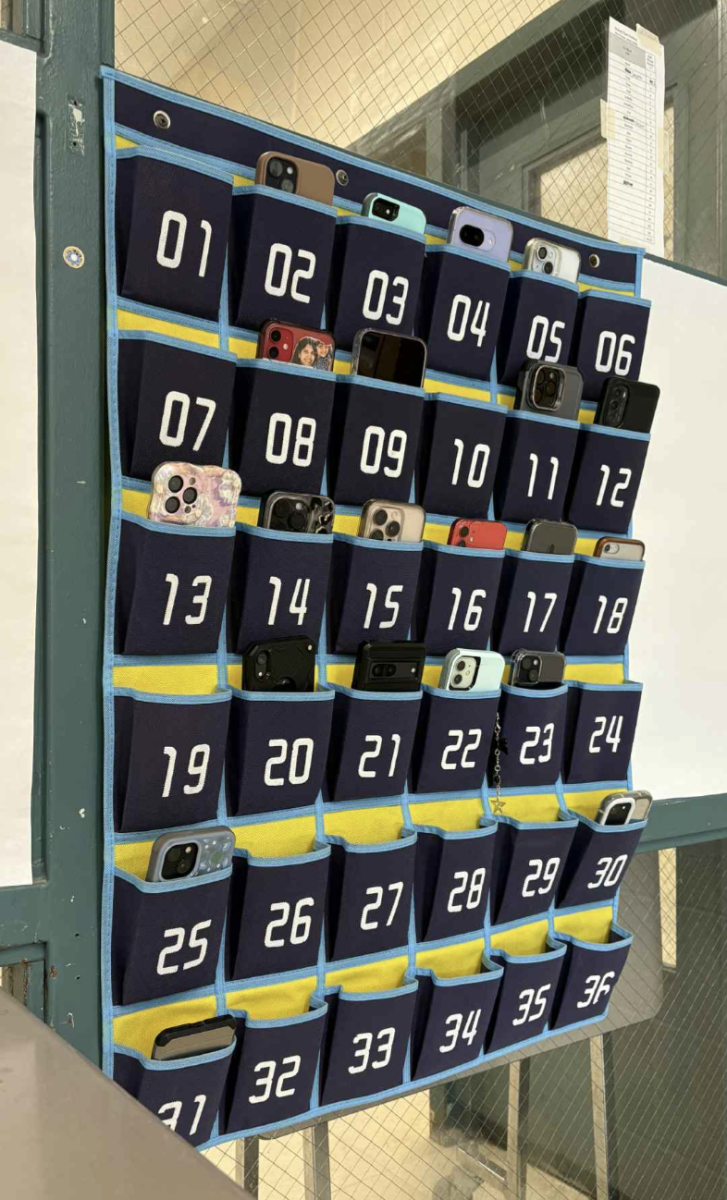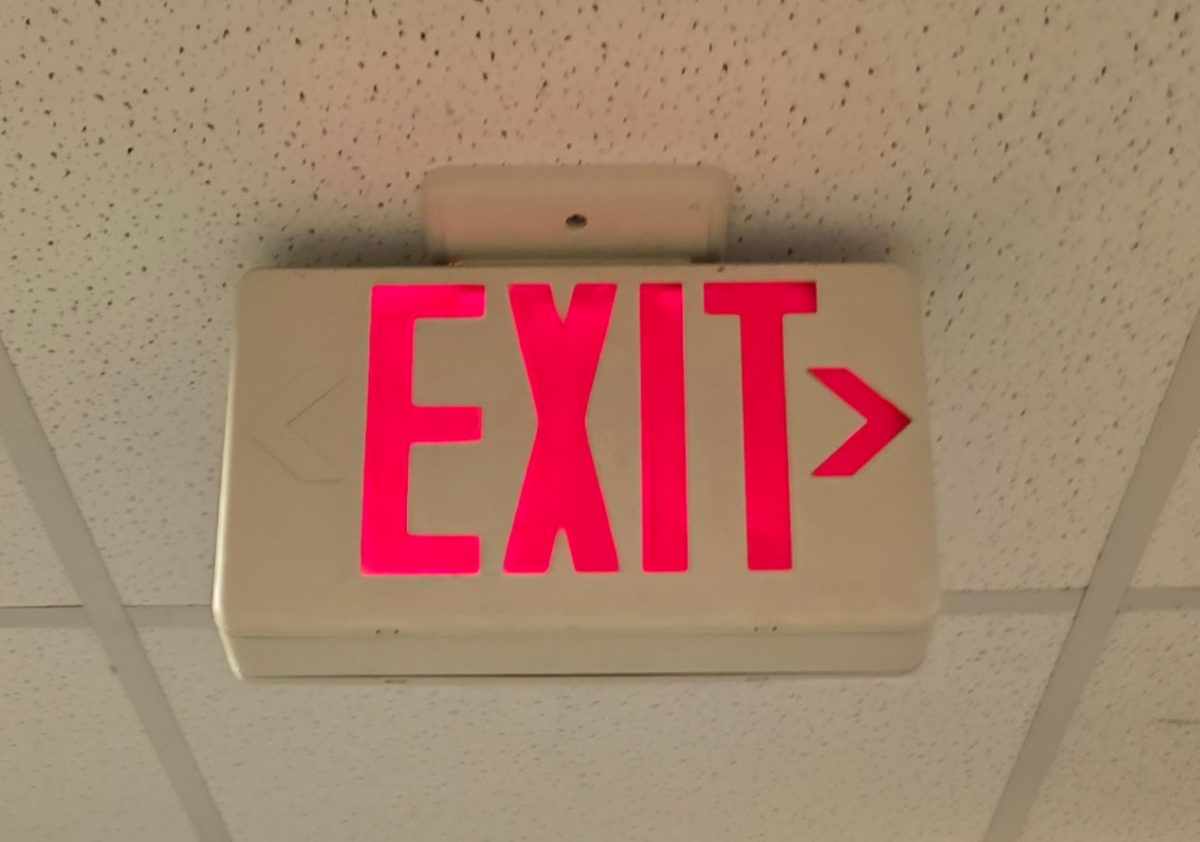From getting hit in the face by a dodgeball, twisting an ankle on a curb, a bloody nose, or allergies– an endless amount of reasons could prompt a Lexington High School student to seek out the Health Office, located in a cozy corner of the Main Building. Although most students have stepped foot inside at least once or twice, how many people actually know of the true process behind the invaluable service that is provided? In fact, it’s a much more intricate job than what one might assume.
Typically, the day for LHS nurses Susan Kaftan, Sherry Laderoute, Marie Saba, and Rosa Soursa begins around 8 a.m. Firstly, the nurses make sure that the whole clinic is open by the time school officially begins. One important tank is to ensure that supplies are fully stocked in the self-service station, which is to the left when first walking in the Health Office. It is filled with hand sanitizer and handy personal care items, which students can grab and go.
Once the first bell rings, students start to trickle into the clinic.
“Usually, students come to the Health Clinic for some kind of injury, or medical issue, or to go to the self-service station. And sometimes, the reason could be emotional, it could be a mental health reason, a physical injury or ailment, or feeling sick,” Marie Saba, one of the nurses at LHS, said.
To keep the logistical process smooth, the nurses are in charge of the organization of student visits and medical records.
“We have a system called SNAP, our electronic medical record for all students. Every time a student comes in, we have to put them in SNAP and maintain their medical record. We have to have updated physical exams, that’s the paperwork part. We scan them and upload them into medical records,” Saba said.
In order to provide the proper care to these students, the nurses are equipped with skills and knowledge for their licensing and registration. In general, Lexington Public Schools also prefers nurses to have a master’s degree in order to be certified with DESE, the state board that licenses professionals, and requires them to take the Massachusetts test for Educator Licensure (MTEL) just like regular educators.
“We have to take a few of those in the areas of writing, comprehension. People don’t really realize that, but we have certain guidelines that we have to comply with [and] we have the same requirements as teachers, just in a different field,” Saba said.
When not treating students, LHS nurses are also heavily involved in other things with the LHS community, with anything ranging from department meetings, IEP meetings, the athletics department, and even student registrations.
Another potentially unknown aspect of a school nurse’s job is their involvement in school field trips. They work with teachers to review field trip lists of students and make sure that everyone attending that field trip is safe by considering life-threatening allergies, asthma, or other serious conditions. They’ll sometimes even attend field trips for students that require a nurse.
Of course, just like any adult in the school, the nurses’ main job is to help any and all students who are struggling, whether it be physical injuries, schoolwork, or emotional issues. As long as someone shows an interest in or requests getting help, the Health Office is just one of the many places at LHS to seek support.
“We work together, as a team, and no one has to struggle alone. There is a lot of support in the LHS and LPS community, all you have to do is ask,” Saba said.





